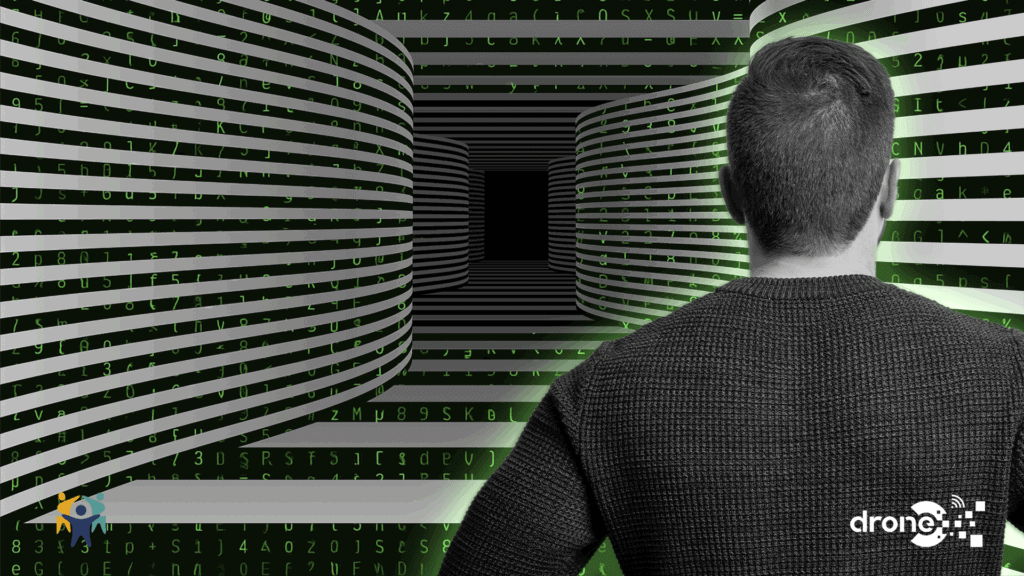We Were Not Silent in Brussels: Supporting Parents of Deaf Children

In this article:
The final event of the SILENT project was held on 21 of March in Brussels. IPA was there. The conference, aiming at promoting the theme and outcomes of the project, supporting parents of deaf children, also had an outlook on the future and further work to be done in the field.
In wonderful sunny weather and the inspiring environment of the Permanent Representation of Steiermark, Austria, project partners were joined by representatives from organisations working in the field in Belgium specifically Flanders, as well as some European level NGO representatives.
Shared Expertise and Storytelling Innovation
For inspiration, Evelien Dirks, senior researcher and program director of the Deaf and Hard of Hearing Research and Development program of the Dutch Foundation for the Deaf and Hard of Hearing Child (NSDSK) from Amsterdam shared details of their work. The methodologies they use to incentivize the active participation of children in storytelling sessions was really interesting, and something that is surely not only for deaf or hard-of-hearing children.
Supporting Parents of Deaf Children: Themes and Future Directions
The keynote was followed by four short knowledge-sharing sessions. One was sharing information about the project itself. The second one was focusing on the needs of families and triggered interesting discussions. One of the main topics emerging – and paving the way for a future project – was the need to also provide support for deaf parents of hearing children.
This is something we have been planning for some time. It was interesting to understand that the challenges they are facing are very similar to that of migrant families’. This similarity can be something to build on when addressing the issue. We can only hope that two groups of so different parents realizing that their challenges are so similar can lead to more inclusive thinking.
Addressing Challenges and Institutional Influences
Another main discussion point was the role of and potential need for support from governments, but concerns were raised about the cochlear implant lobby having too big an influence on them nowadays. In another discussion group, the one-sided training of medical professionals was raised. It is something that also leads to more pressure on parents to make quick decisions about implantation – often leading to disappointment according to the case studies shared.
In the fourth group, there was a really meaningful discussion about a co-creating approach to projects that include representatives of deaf communities. With a major emphasis on the much-needed “nothing about them without them” approach, it was also raised that sometimes institutional politics also play a role and may result in a change of approach halfway through a project.
Building a Future of Inclusion and Support
It was a very useful event that made it possible for us to look into possible new partnerships in the future to continue Parents International’s efforts in supporting parents of deaf children – and all parents who have people with disabilities in their family. It also reinforced that our previously produced materials for parents of children with disabilities as well as migrant parents can be very easily used in the context of deafness.
However, it is important to keep in mind that while deafness is considered a disability by the medical community and many in the hearing population, deaf people consider themselves a healthy minority with sign language as their mother tongue and related, but distinct culture – and this message was reinforced by the many deaf participants. The acquisition of sign language by hearing parents of deaf children must be given priority as well as learning sign language even for those who have been successfully implanted.
